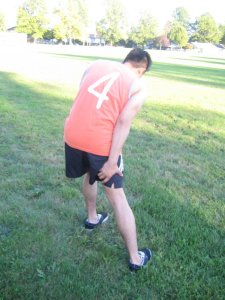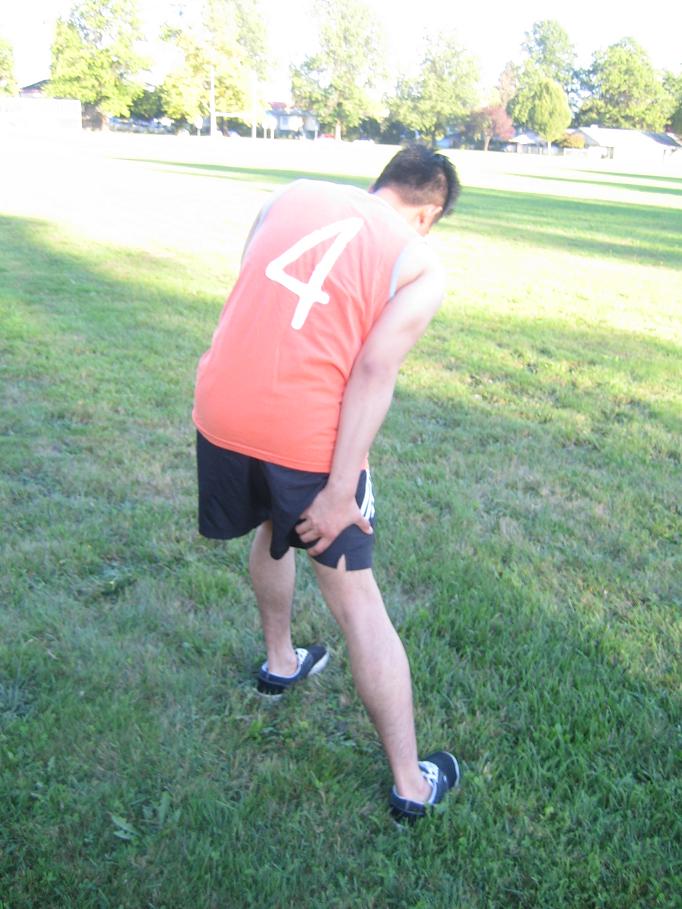Femoral neuropathy or femoral nerve pain occurs when there is pinching of the femoral nerve that passes through the pelvis. The person suffering from this condition can experience multiple falls caused by poor control in walking along with pain in the hip or groin when engaging in movement that requires full extension of the leg from the hip. Numbness or tingling sensations can also arise on the calf, knee and foot.
The femoral nerve functions in providing sensation in the front region of the thigh and the lower part of the leg. It also helps in the straightening of the leg and supplies the muscles of the thigh.
Femoral nerve pain symptoms

- A stabbing or shooting pain
- Pain in the groin area that spreads down to the lower leg while extending the leg.
- Burning pain in the front of the thigh
- Pain becomes severe when starting to walk or climbing stairs
- Pain becomes worse in a certain position and the pain is continuously felt without any relief when changing different position.
- There is wasting of the quadriceps muscles caused by the femoral nerve pain.
A condition that develops when the cutaneous branch of the femoral nerve is affected and the following can occur:
- A burning pain that gets worse after wearing tight fitting clothes and belts
- Burning that can be felt in the front area of the thigh.
- Sensitivity to touch of the thigh
- Femoral nerve pain becomes worse when standing for long periods of time or walking.
Causes
- A sharp stab wound can cause femoral nerve pain
- A direct femoral nerve injury as can be seen in femoral bone fracture.
- Certain procedures like catheterization through the femoral artery during angiography can damage the femoral nerve.
- Compression caused by a tumor near a nerve can cause femoral nerve pain.
- Psoas abscess
- A gynecological procedure where lithotomy position is required can cause pain in the front area of the thigh and the lower leg due to the stretching of the femoral nerve.
- A hematoma in the area of the psoas muscle causes pain in the front of the thigh caused by irrigation of the femoral nerve.
- Wearing of tight fitting clothes that cause compression of the cutaneous branch of the nerve.
Treatment and home remedies
The treatment aims on increasing the mobility and minimize pain by femoral nerve injury.
- Take prescribed pain medications in order to minimize pain.
- Sometimes, femoral nerve pain heals on its own and does not require any treatment.
- Drain abscess or hematoma in the psoas muscles to help lessen the pain.
- Remove the tumor if it is the cause of severe femoral nerve pain in order to lessen the symptoms.
- Massage can provide a beneficial effect and wear loose fitting clothes in order to minimize the symptoms of meralgia parasthetica.
FACT CHECK
https://www.sciencedirect.com/topics/neuroscience/femoral-nerve
